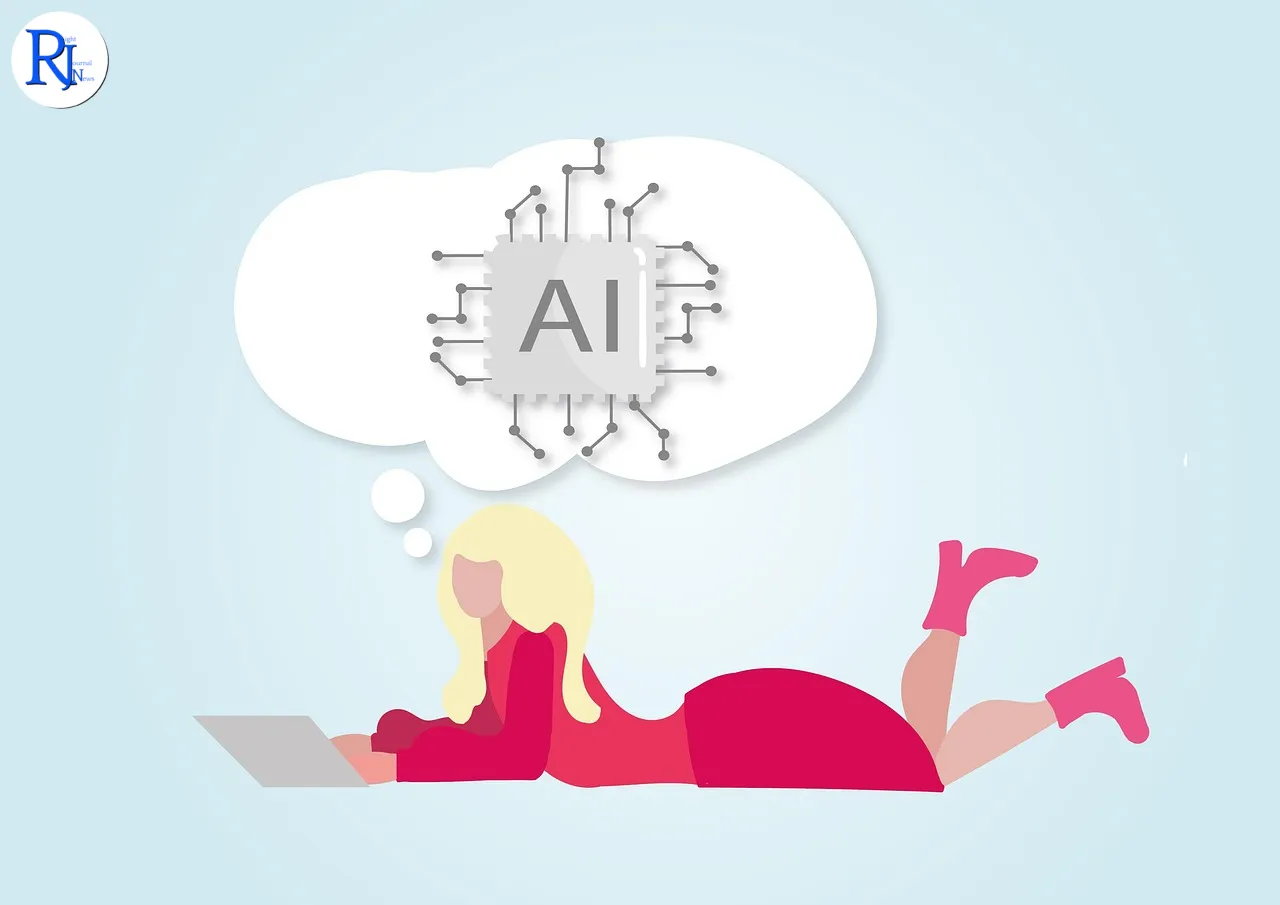OpenAI’s latest innovation, the o3-Pro reasoning model, promises to redefine artificial intelligence capabilities. In a week packed with technological advancements and legal disputes, Sam Altman, CEO of OpenAI, made headlines by suggesting that the much-anticipated singularity might already be upon us. Meanwhile, Disney’s legal battle against Midjourney marks a significant moment in the intersection of creativity and AI. This article delves into these developments, exploring their implications for technology, law, and society.
OpenAI’s o3-Pro Revolutionises AI Capabilities
The o3-Pro reasoning model, launched by OpenAI, represents a leap forward in artificial intelligence. This model distinguishes itself through enhanced reasoning capabilities, allowing it to process and interpret complex data with unprecedented accuracy. Industry experts have hailed it as a game-changer, with potential applications spanning from scientific research to everyday problem-solving.

OpenAI’s latest offering builds on the success of its previous models, incorporating advanced algorithms that improve decision-making processes. “The o3-Pro is designed to think more like a human, providing nuanced insights and solutions,” said Dr. Emily Chen, an AI researcher at Stanford University. The model’s development reflects OpenAI’s commitment to pushing the boundaries of what artificial intelligence can achieve, setting new standards for the industry.
Sam Altman Predicts the Arrival of the Singularity
In a bold statement, Sam Altman, CEO of OpenAI, suggested that the singularity—a point where artificial intelligence surpasses human intelligence—may already be underway. Altman’s remarks, made during a keynote address, have sparked widespread debate among technologists and futurists.
The concept of the singularity has long been a topic of speculation, with opinions divided on its potential impact. Altman’s assertion is based on the rapid advancements in AI technology, exemplified by models like o3-Pro. “We are witnessing a transformative era where AI capabilities are growing exponentially,” Altman stated. While some experts caution against overestimating AI’s current capabilities, others view Altman’s comments as a call to action for responsible innovation.
Disney’s Legal Battle with Midjourney
In a significant legal development, Disney has filed a lawsuit against Midjourney, an AI company known for its creative content generation. The lawsuit alleges that Midjourney’s AI tools infringe on Disney’s intellectual property rights by replicating its iconic characters and storylines.
This case highlights the growing tension between traditional media companies and AI-driven content creators. Disney, a titan of the entertainment industry, argues that protecting its intellectual property is crucial to maintaining its brand integrity. “We respect innovation but must safeguard our creative assets,” a Disney spokesperson said.
Midjourney, on the other hand, defends its technology as a tool for artistic expression, claiming that it operates within legal boundaries. The outcome of this case could set a precedent for how intellectual property laws apply to AI-generated content, with significant implications for creators and companies alike.
AI’s Impact on Job Markets and Search Traffic
As AI technologies continue to evolve, their impact on job markets and online search traffic is becoming increasingly evident. Automation powered by AI is reshaping industries, leading to both opportunities and challenges for workers.
Recent reports indicate a decline in search traffic for traditional news sites, attributed to AI-driven search engines that provide users with direct answers. This shift raises concerns about the sustainability of online journalism and the future of content creators. “AI is changing how information is consumed, and we need to adapt our strategies accordingly,” said Jane Thompson, a digital marketing expert.
Simultaneously, the rise of AI in workplaces is prompting discussions about job automation. While some fear job losses, others argue that AI can complement human skills, leading to new roles and efficiencies. The key lies in balancing technological advancement with workforce adaptation.
Looking Ahead: Navigating the Future of AI
As AI continues to advance, its implications for society, industry, and law are profound. OpenAI’s o3-Pro model exemplifies the potential of AI to transform various sectors, while Sam Altman’s singularity prediction challenges us to consider the long-term consequences of these innovations.
The legal battle between Disney and Midjourney underscores the need for clear regulations that protect intellectual property without stifling creativity. Meanwhile, the impact of AI on job markets and search traffic highlights the importance of adapting to new realities in the digital age.
Moving forward, collaboration between technologists, policymakers, and industry leaders will be crucial in harnessing AI’s potential while addressing its challenges. As we stand on the brink of a new era, the choices we make today will shape the future of AI and its role in our lives.

